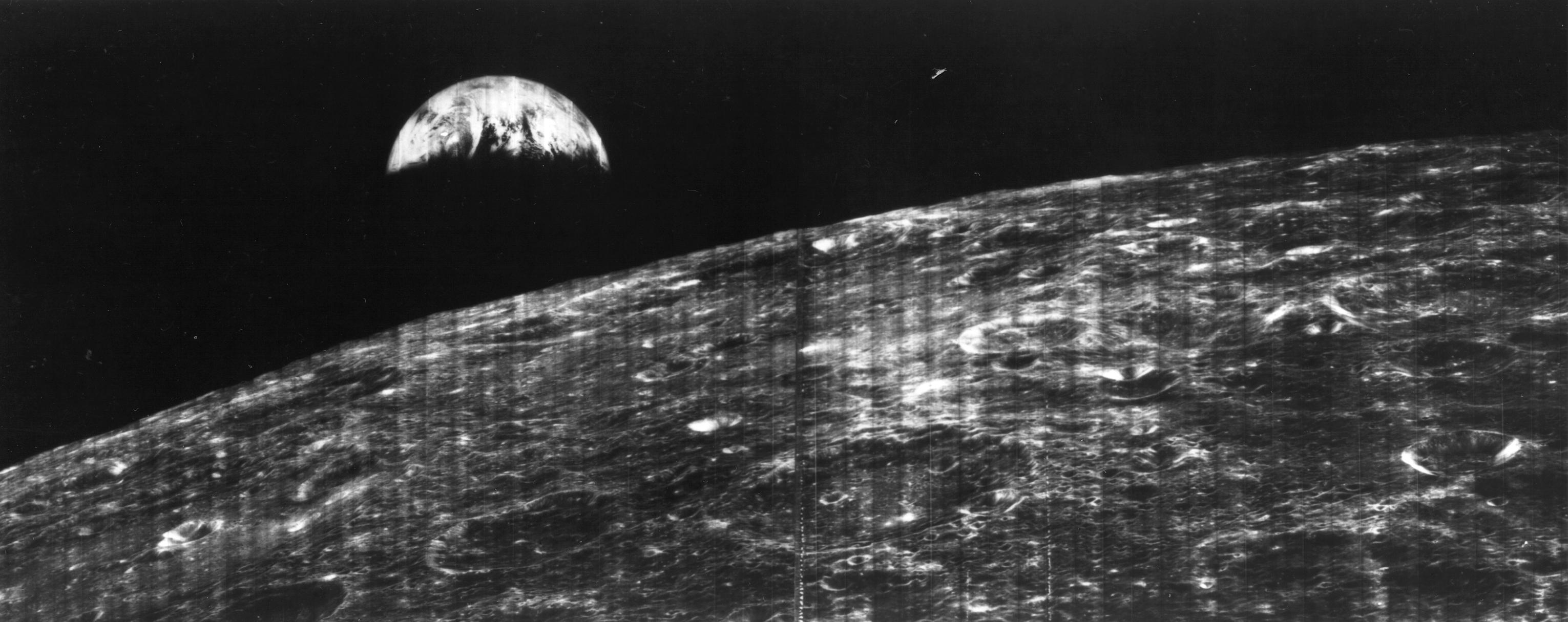Suppose you were guaranteed food and shelter for the duration of your long assured life. What would you do to while away your time in this utopia? You could let natural instinct guide your destiny. Nurture a large family. Seek self-gratification in a whirl wind of indulgence and bliss. At the end of your life you would look back, perhaps smile, and say that was a million dollars well spent.
Yet, your utopia would be limited by the trappings of civilization that surround you. If you had movie theatres and an entertainment industry then you could safely voyeur through the imagination of others. With airlines and a travel industry you could see sights anywhere on the globe and maybe even hop into space to watch the Sun set through the layers of Earth’s atmosphere. However a million dollars on its own would never see these grandiose visions happen. Their provision can only result from a civilization where a large number of wealthy and poor people live and work together to make everyone’s utopia a possibility.
Where does happiness lie? Is it a guaranteed long, healthy life with family, personal pleasure and no risk of harm? Will it include helping others without any compensation? How do you coexist with those who need challenges, who accept a risk to life for a new experience? If everyone were to have a million dollars, would that mean that we’ve found utopia.

Photo-NASA
